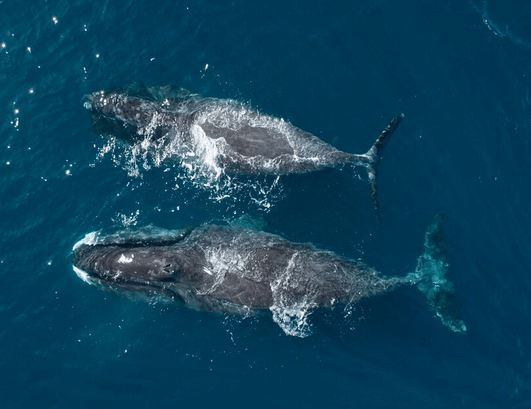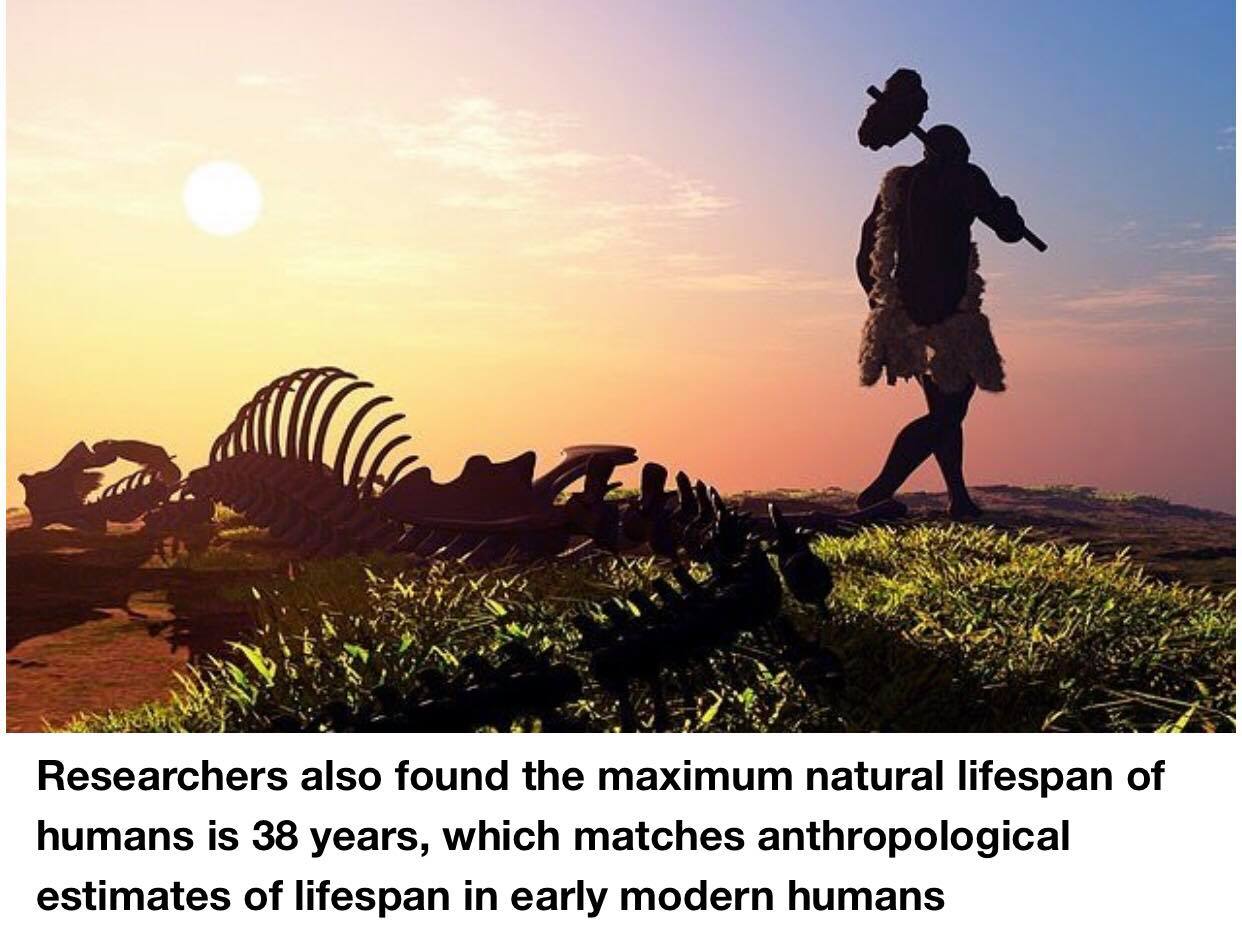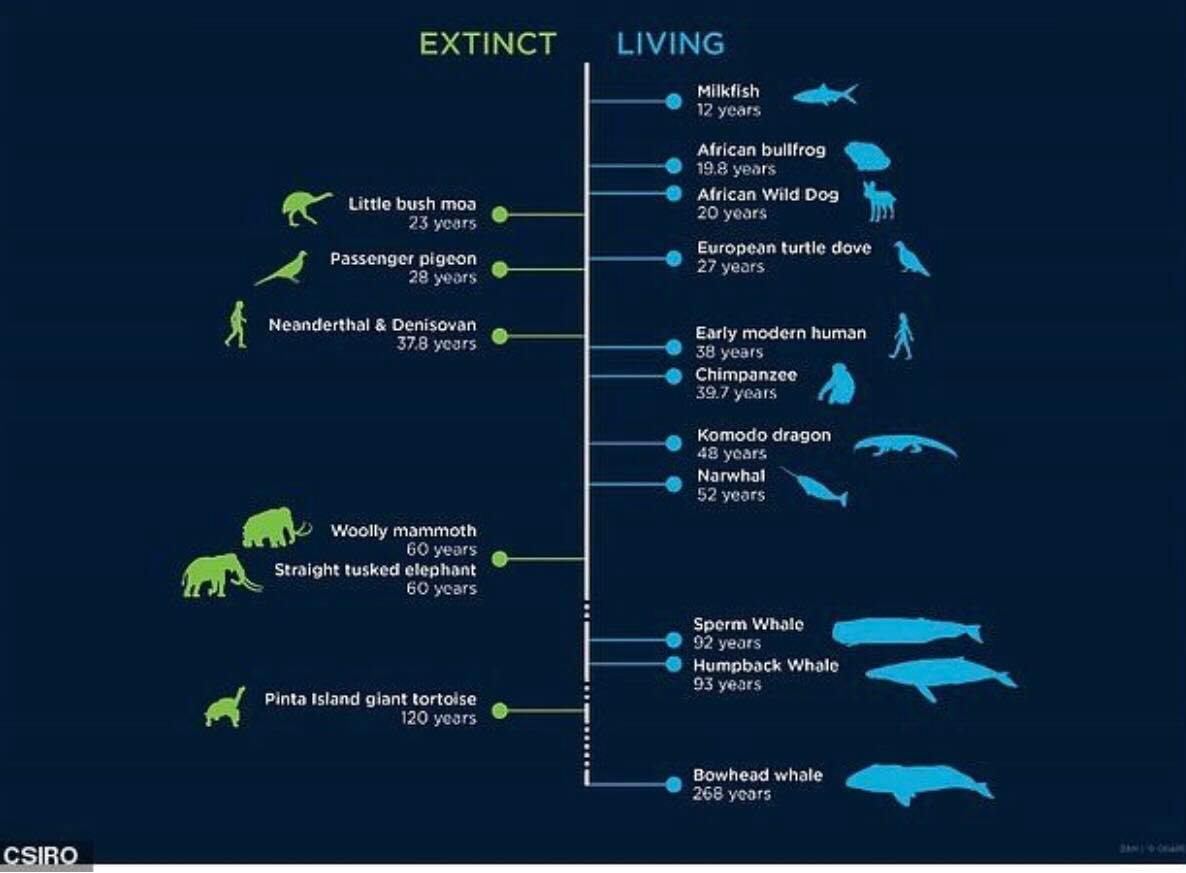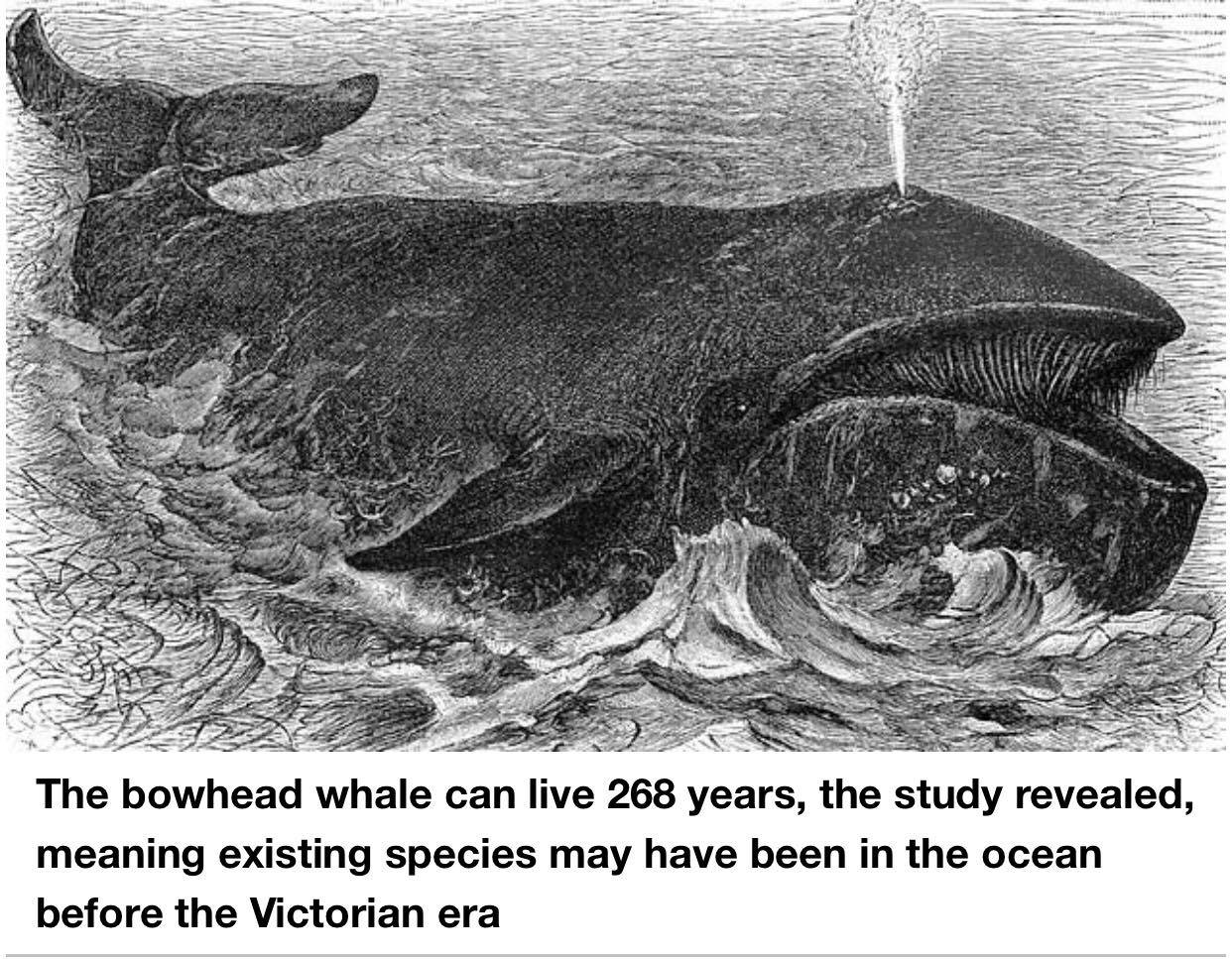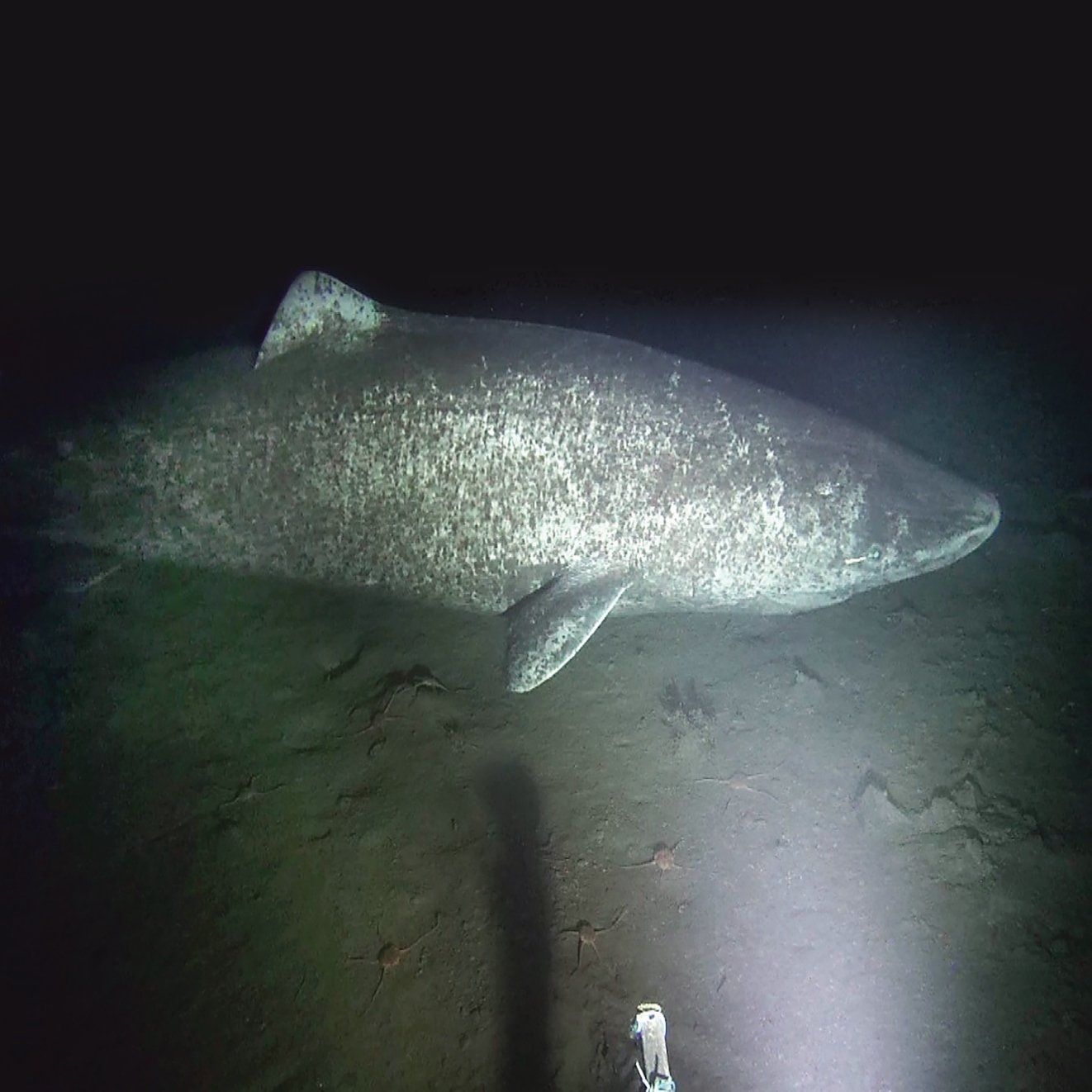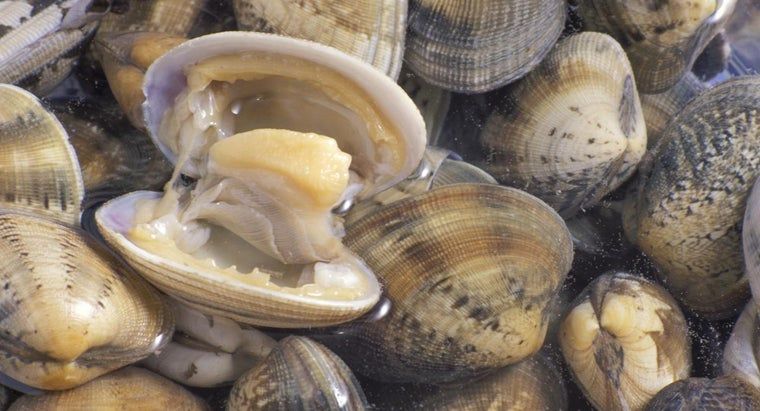Groundbreaking "Genetic clock" Can Predict a Species Lifespan!
The bowhead whale is the longest living marine mammal on Earth but until now scientists had limited knowledge on their true life expectancy. Recently, Australian scientists conducted groundbreaking genetics research which has revealed that many mammals live much longer than expected. The demographics of any species population is of ecological importance to understand and is driven by biological ageing, which involves the decline of diverse functions and controls the lifespan of a species.
A new study published in the Scientific Reports
by Australian researchers, Ben Mayne and colleagues from the Commonwealth Scientific and Industrial Research Organisation's (CSIRO)- Environomics Future Science Platform have discovered a novel method called a "genetic clock" that can predict the lifespan of a species through analysis of its genomes.
The scientists found that the lifespan of a vertebrate is determined most likely by the density of a DNA change, called DNA methylation, and ageing is therefore, associated with these epigenetic changes. Using the human genome, the team found that the maximum natural lifespan of humans is only 38 years, which has been extended in modern man due to enhancements in lifestyle and medical care over the ages.
The team also looked at extant (living) and extinct animals to reveal that in comparison Neanderthals and woolly mammoths natural lifespans were 37.8 years.
Extant long-living species such as marine mammals and fish are particularly difficult animals to study. The researchers calibrated their novel "genetic clock" methods by testing the genomes of 252 different vertebrate species whose lifespans were already known.
The results indicated that using the "genetic clock", that previous estimates of animals lifespans were under-estimated. While it had been known, for example that bowhead whales ( Balaena mysticetus
) could live to around 200 years, the research team discovered they can in-fact live to 268 years, 57 years longer than previously thought.
This may help explain why a bowhead found in 2007 had a harpoon in it that was estimated to be over 200 years. In addition they discovered that the Pinta Island giant tortoise ( Chelonoidis nigra abingdonii
) from the Galapagos had a lifespan average of 120 years.
Greenland sharks ( Somniosus microcephalus
) take home the "longest living vertebrate" title with an estimated lifespan of over 400 years, researchers from University of Copenhagen recently discovered using radiocarbon dating of the sharks eye lens.
While the ocean quahog ( Arctica islandica ), a species of edible clam and a marine bivalve mollusk in the family Arcticidae which is native to the North Atlantic Ocean can live to 500 years.
© Ocean Research & Conservation Ireland (ORCireland) and www.orcireland.ie , est. 2017. If you like our blogs on the latest news in marine science and would like to support our work, visit www.orcireland.ie to become a member, to volunteer or to make a donation today.
References:
Mayne, B., Berry, O., Davies, C. et al.
A genomic predictor of lifespan in vertebrates. Sci Rep
9,
17866 (2019) doi:10.1038/s41598-019-54447-w
Neilson, J., Hedeholm, R.B., Heinemeier, J., Bushnell, P.G., Christiansen, J. S., Olsen, J., Ramsey, C.B., Brill, R. W., Simon, M., Steffensen, K. F., Steffensen, J.F., (2016). Eye lens radiocarbon reveals centuries of longevity in the Greenland shark ( Somniosus microcephalus
). Science
Vol. 353, Issue 6300, pp. 702-704. DOI: 10.1126/science.aaf1703
SHARE THIS ARTICLE






